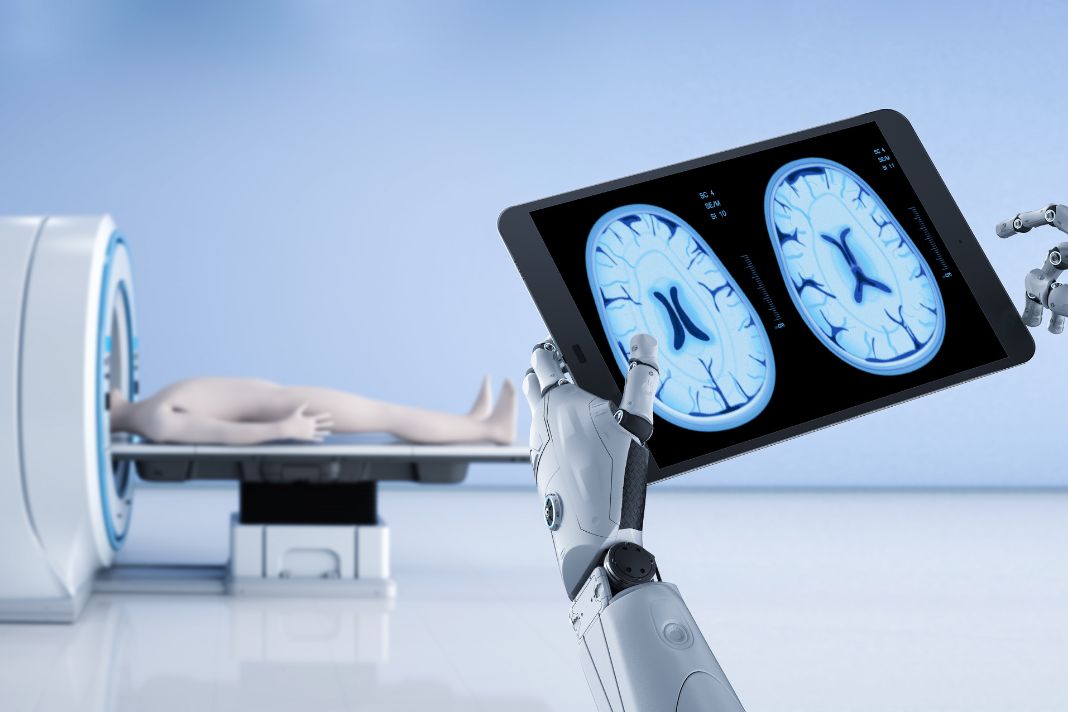IEC 60601-1 Electrical Safety Testing for Radiology Devices
The IEC 60601-1 standard sets the safety and performance requirements for medical electrical equipment, including radiology devices. Compliance with this standard is essential to ensure patient safety, operational reliability, and regulatory compliance.
IEC 60601-1 covers a wide range of electrical safety tests that are critical for radiology devices. These include insulation resistance testing, protection against overvoltage, and checking the integrity of protective circuits. The standard also ensures the proper functioning of essential waveforms in the context of radiological imaging.
Our laboratory uses state-of-the-art equipment to conduct these tests according to IEC 60601-1 standards. Our team of experts understands the unique challenges associated with testing radiology devices and provides comprehensive solutions tailored to your needs.
The importance of electrical safety in radiology cannot be overstated. A single failure can lead to life-threatening situations for both patients and healthcare workers. By adhering strictly to IEC 60601-1, we ensure that each device meets the highest safety standards before it reaches clinical use.
Our testing process involves several key steps: initial inspection of the device, setup according to the standard, execution of specified tests, and thorough documentation of results. Each step is meticulously documented to provide clear evidence of compliance with IEC 60601-1.
By partnering with Eurolab for your IEC 60601-1 electrical safety testing needs, you can rest assured that your radiology devices meet the stringent requirements set forth by this important standard. Our commitment to quality and safety ensures that every device tested is not only compliant but also ready for reliable operation in clinical settings.
Our laboratory has extensive experience in testing various types of medical equipment, including imaging systems, diagnostic tools, and therapy devices. This breadth of expertise allows us to provide comprehensive support across the entire range of radiology devices.
Applied Standards
The IEC 60601-1 standard is widely recognized and applied globally. It forms the basis for many other standards specific to different types of medical equipment, including radiology devices.
- IEC 60601-1: General requirements for safety of medical electrical equipment in relation to basic safety and essential performance
- EN ISO 13485: Quality management systems specifically for the design and manufacture of medical devices
The combination of these standards ensures that radiology devices are not only safe but also meet stringent quality control measures. This dual approach helps manufacturers ensure product safety while maintaining high-quality manufacturing processes.
Benefits
- Enhanced Patient Safety: Compliance with IEC 60601-1 ensures that radiology devices do not pose electrical hazards to patients.
- Regulatory Compliance: Meeting the requirements of this standard helps manufacturers navigate the complex regulatory landscape more smoothly.
- Risk Reduction: By identifying and rectifying potential issues early in the development process, risks are significantly reduced for both patients and healthcare providers.
- Improved Device Reliability: Rigorous testing according to IEC 60601-1 can help improve the overall reliability of radiology devices.
- Increased Market Access: Compliance with international standards like IEC 60601-1 opens up market opportunities in countries that require such certifications.
Eurolab Advantages
Eurolab offers a range of advantages when it comes to IEC 60601-1 electrical safety testing for radiology devices. Our team of experts is well-versed in the latest testing methodologies and uses cutting-edge equipment to ensure accurate results.
We provide comprehensive reporting that includes detailed test procedures, findings, and recommendations. This allows our clients to have a clear understanding of their product's compliance status and any areas for improvement.
Our flexible services cater to various stages of the product lifecycle, from design validation to post-market surveillance. We also offer training sessions to help your team understand the latest testing practices and standards.





